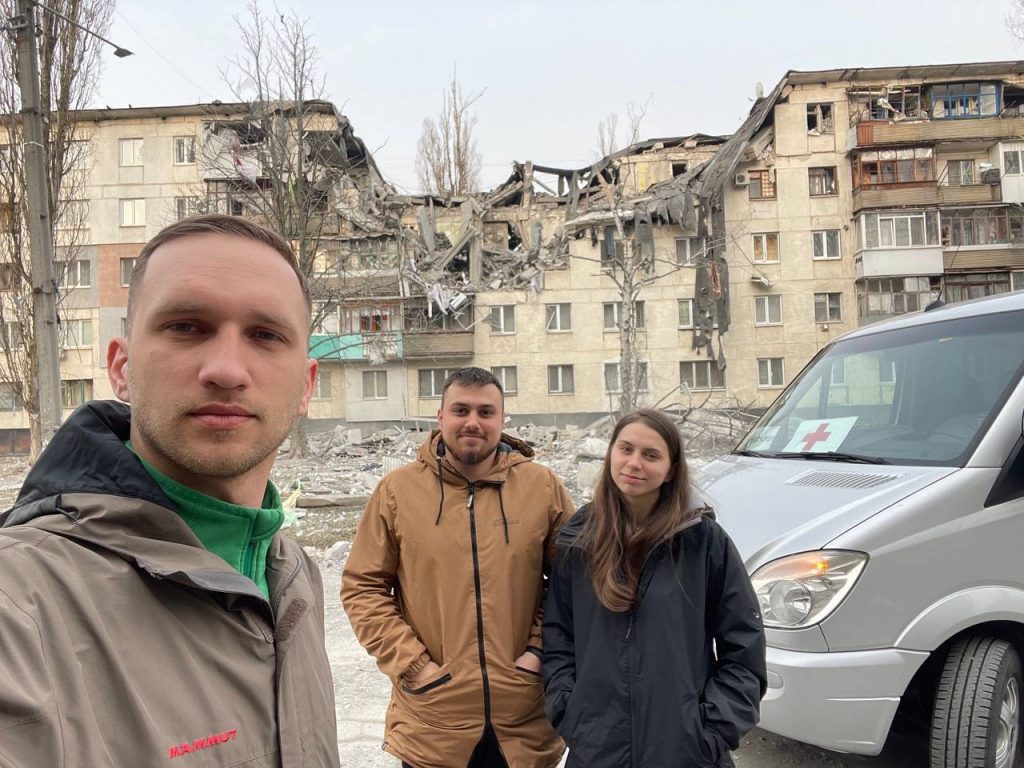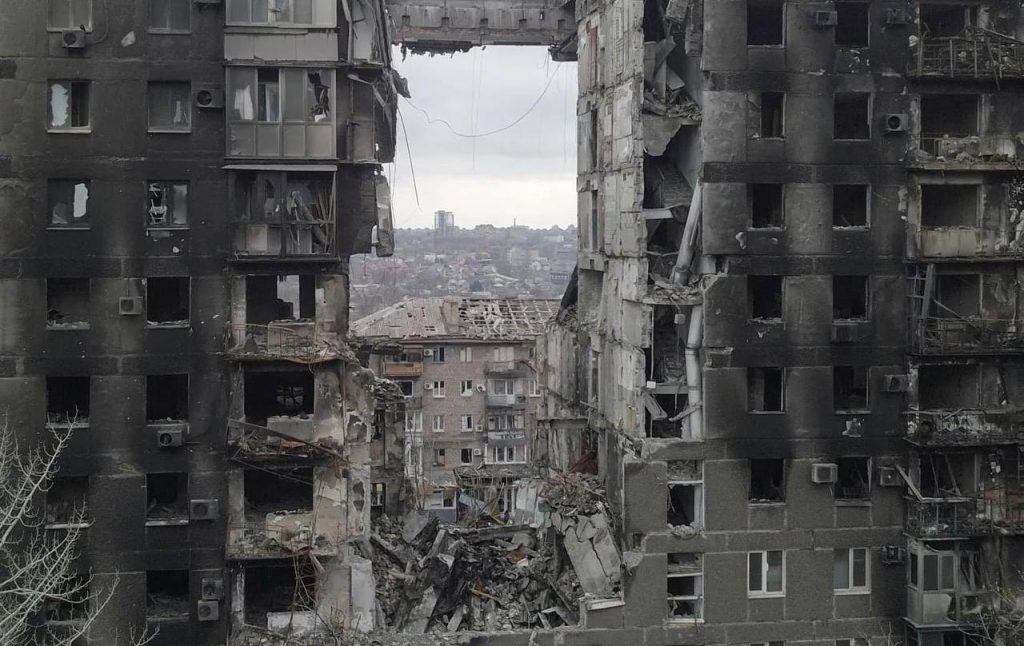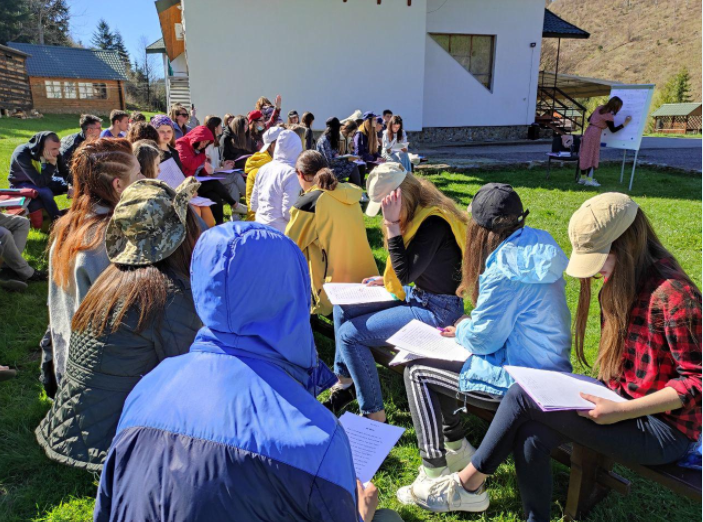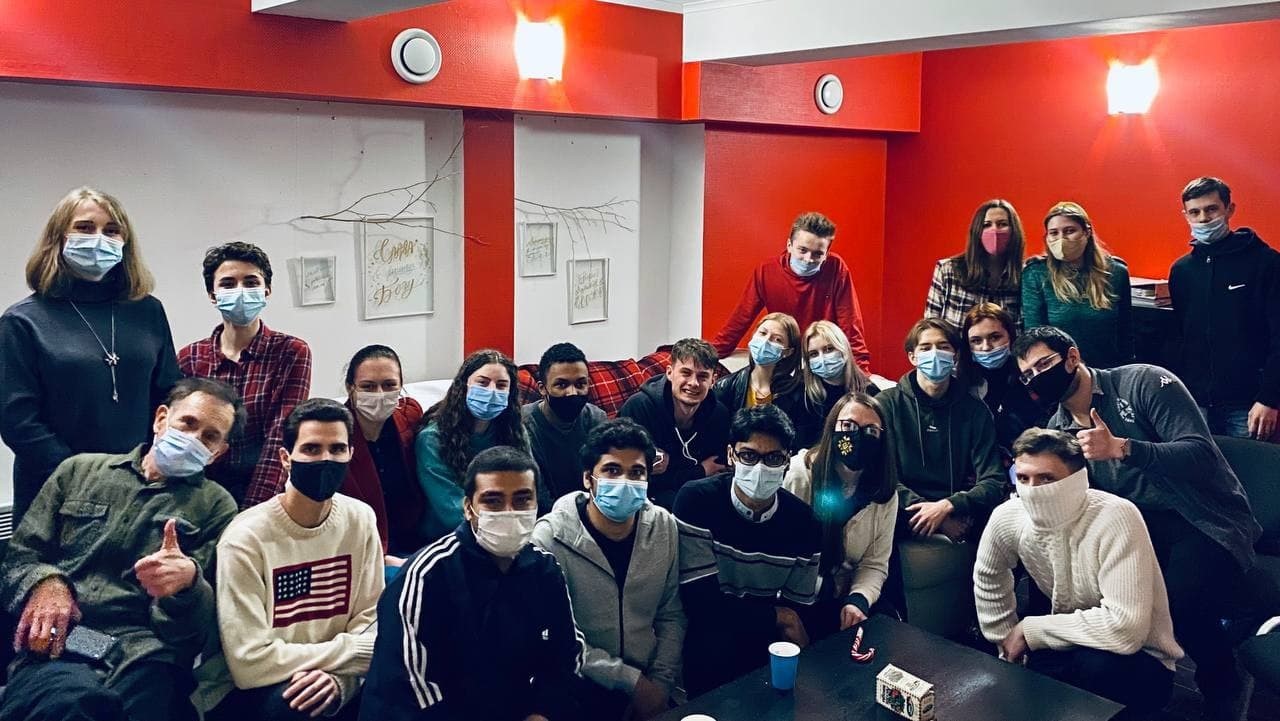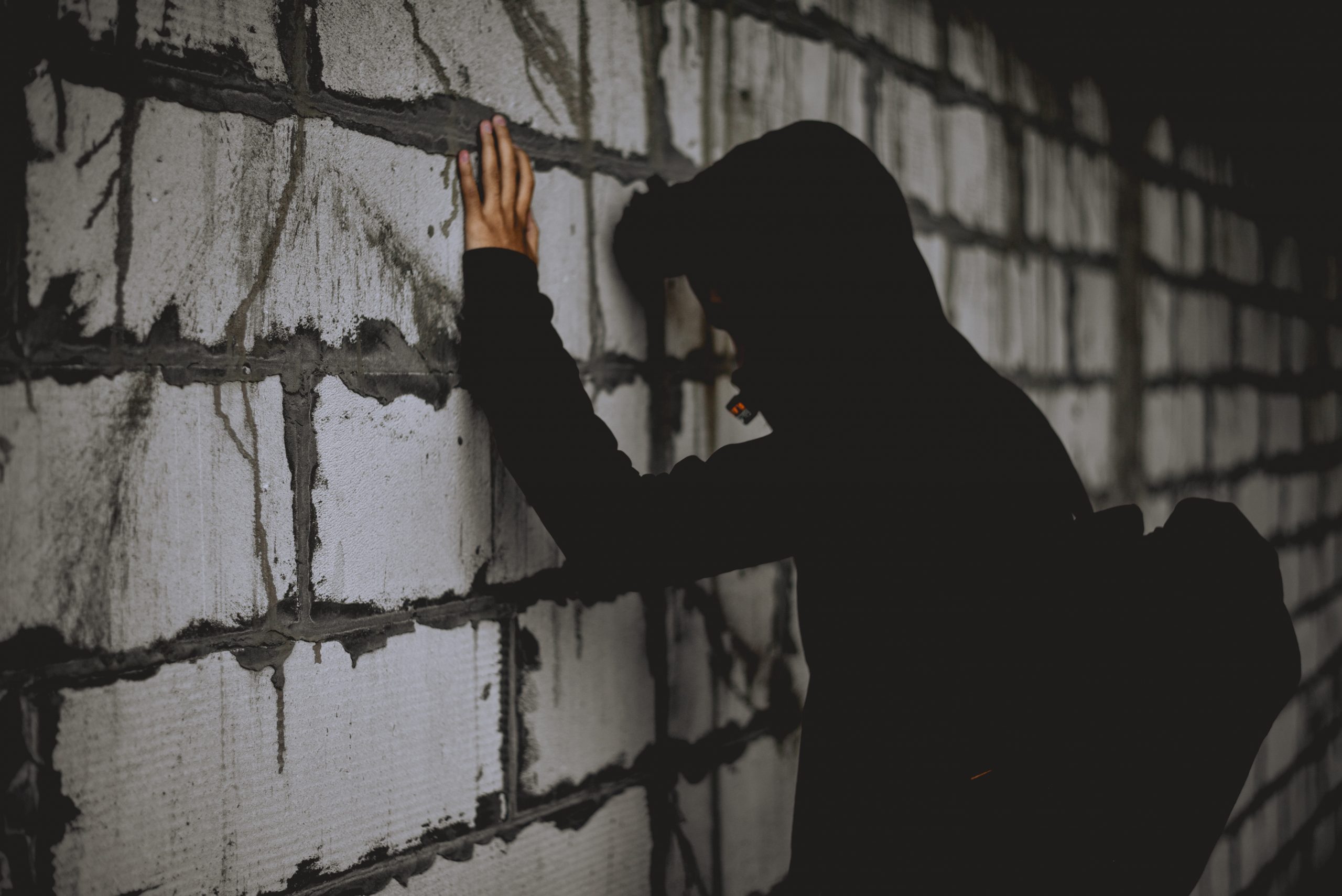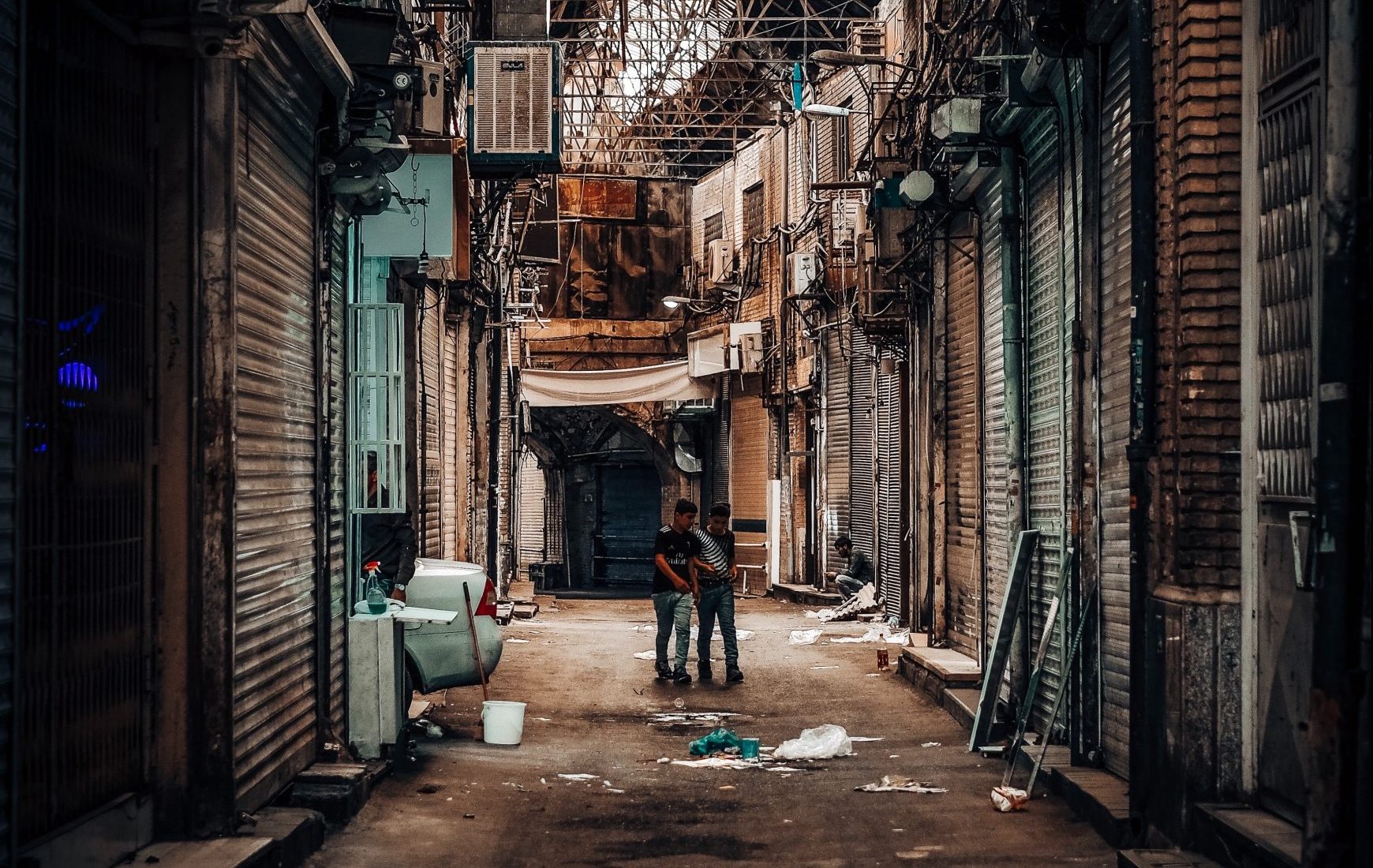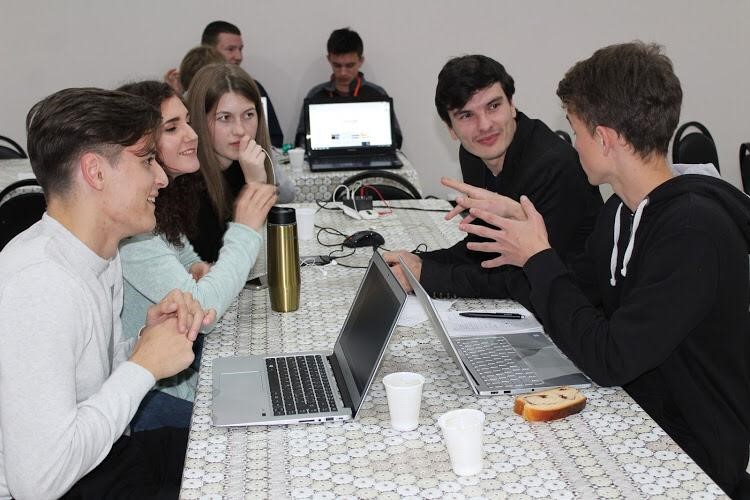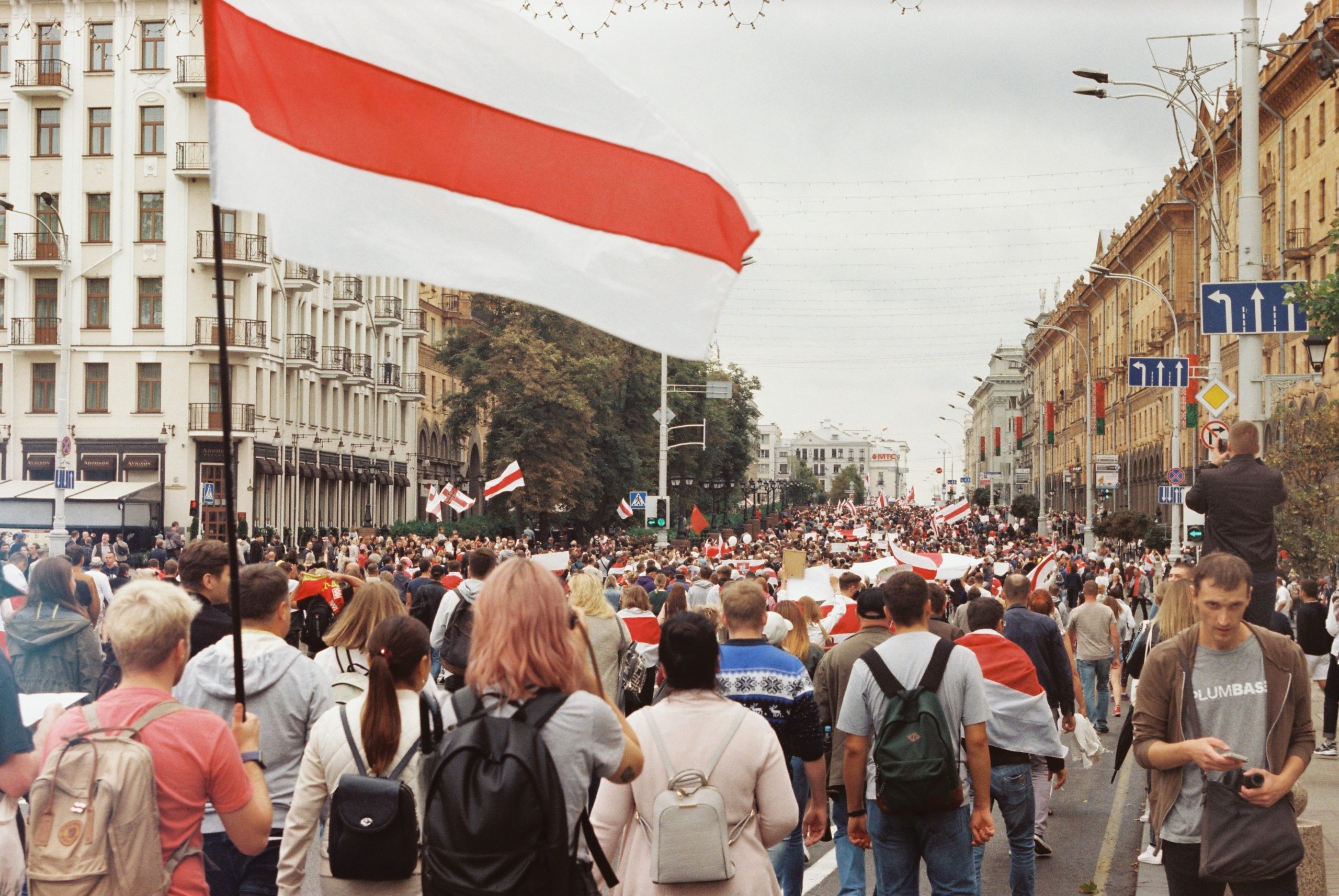PROCLAIMING CHRIST’S NAME IN WAR
For this edition of Prayerline, we want to tell the story of a country in the Eurasia region. Despite continued turbulence over the last few years, and most significantly from the war in Ukraine, student ministry has continued. It hasn’t been easy; because of the fear that men will be mobilised against Ukraine, many people are leaving the country. This means that around half the national movement staff are gone. One staff worker writes that ‘people are covered with fear, hopelessness and despair. Our economy is collapsing, people are losing their jobs and prices are steeply increased.
‘I wasn’t sure whether I should leave as well. But the students haven’t left. They continue to attend our Bible studies, so I decided to stay.’ While the national movement was advised to cancel the four mission weeks planned, the students and remaining staff were still eager to proclaim the gospel in this desperate time. So, ‘we rushed to restart our planning process’, for two missions in two different cities.
Domestic and international students joined forces alongside students from other cities who came to help. One of the mission weeks went ahead even with new student leaders and a new staff worker, who were brought close together as a team. The inspiration and fervour of the students in these two cities is spreading across campuses throughout the country. Students who no longer have a staff worker were inspired to hold their own mini missions, one of which has already taken place.
According to one staff worker, ‘those left here have been feeling lost and lonely, but it is so encouraging to know we are not alone, because students and staff have been travelling across multiple cities for the three missions. We have become more united, and the gospel is more precious to us. In one city, 13 students wrote in our feedback forms that they had prayed a prayer of repentance! Twenty-seven students came to the first follow-up Bible study. One student had found us on Instagram because she was searching for events related to a meditation podcast – which happened to have the same name as our event. So instead of a seminar on meditation, she came to our event, which was about suffering, stayed until the end and came for food with the student team. She is now meeting with a student leader for coffee and Bible study.’
The act of uniting together to proclaim the gospel to a lost world in dark days was a glimmer of resurrection hope. In fact, resurrection was at the forefront of the students’ minds. A provocative tagline, used to invite fellow students to a Bible study, read: ‘we will be resurrected, but you will not’. And God has given grace upon grace, not only to those who received Jesus for the first time, but to the student leaders themselves. ‘These three days saved me from depression’, one student said; ‘I felt so much joy during our mission week.’
Pray with us for students in this country:
- Thank God that due to the unity and courage of students and staff, the gospel is being proclaimed and people are coming to Christ.
- Pray that God would provide new staff workers to continue the ministry of those who have left the country, and pray for the continuing ministry in uncertain times. Pray for wisdom to minister well to students who have difficult questions about God in the wake of the war.
- Pray for non-Christian international students who have just returned from a Bible study retreat, and for summer evangelistic camps that are currently being planned. Pray that students would respond to the call of Christ.


